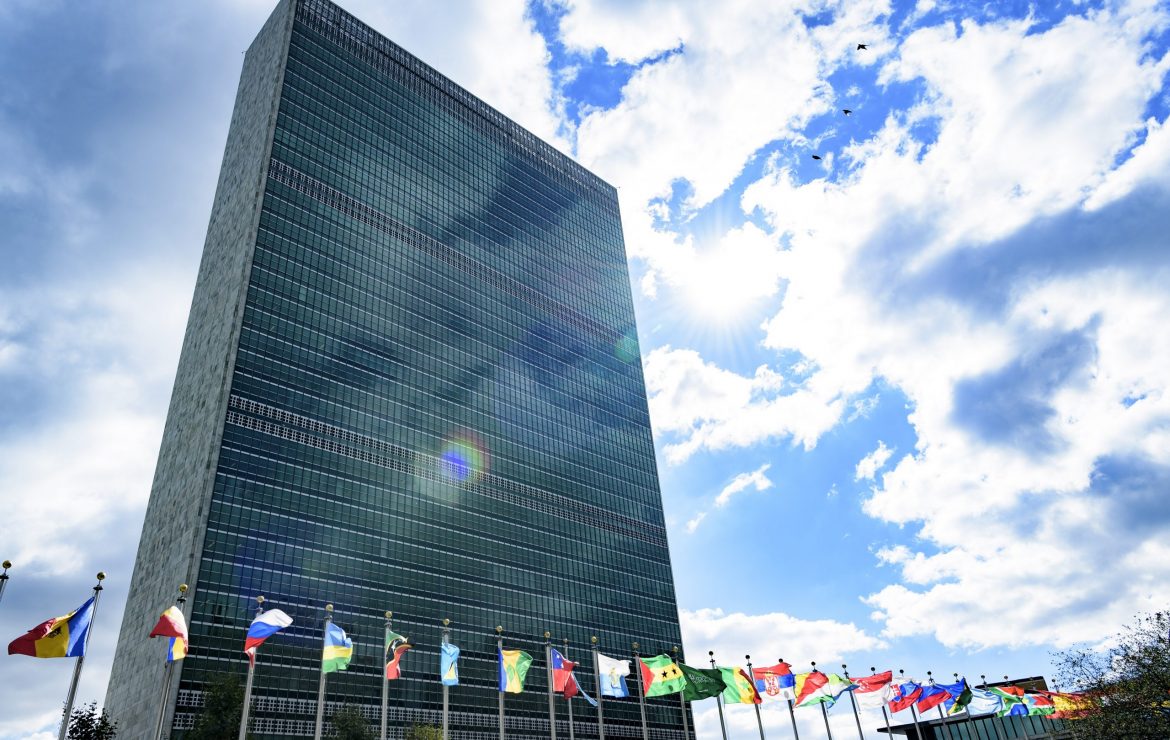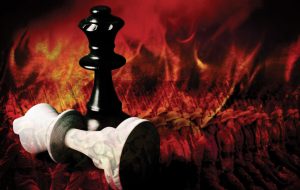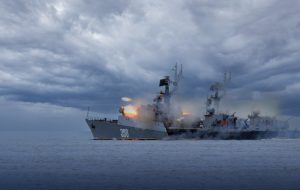Controversy is escalating in Brussels regarding the future of European defense and strategic governance, but without signs or indications of opportunities to record actual progress in this vital file.
The EU has already taken several steps since 1999 to achieve the so-called “main objective” of defense coordination: the ability to establish and deploy a multinational rapid reaction force consisting of a single army corps (50,000-60,000 soldiers) within one to two months.
However, these steps have yielded little, and a subset of EU member states are discussing how they could form a typical brigade of 3,000 to 5,000 soldiers for a similar purpose.
European coordination
The main reason, according to analysts, is that coordination at the EU level has been difficult even with the growing interest in the concept of “strategic independence”, and that member states remain reluctant to subordinate decision-making to coordination at the national level on defense issues.
In 2016, the European Union published a global strategy that calls for higher levels of defense coordination so that member states can “act independently if necessary” to promote “peace and security within and beyond” Europe’s borders.
However, the strategy did not describe in detail how to achieve this goal. Five years later, “strategic autonomy” has become a guiding principle of the EU’s overall position in international politics and not only in defense as it seeks to establish a privileged position in a world of increasing competition between great powers.
This involved taking steps in both diplomacy and geo-economics to advance Europe’s interests. But while the European Union has created a slew of new mechanisms in recent years to increase defense coordination, it has made little progress in achieving its goals, in part because EU member states — which have more than 1.3 million people on military service, it did not decide what strategic independence means in defense in tangible terms, and therefore did not translate the concept into steps to be taken in planning and capability development.
French President Emmanuel Macron has been a prominent advocate of self-rule and will approach the issue with a new sense of urgency, after excluding France from the important security partnership announced on September 15 between Australia, the United Kingdom and the United States.
France plans, in coordination with the European Council, to organize the first European defense summit in March 2022 and precede the NATO summit scheduled in Madrid.
The recent US-British-Australian alliance highlighted the need for more European autonomy.
In this context, the European Council of Foreign Relations published a report in which it downplayed the ambitions and capabilities of this alliance on the ground, and said that in their new security and technological arrangement with Australia, America and Britain achieved tactical gains at the expense of strategic goals in the Indo-Pacific region.
Okos Alliance
The council said the Ocos alliance is also the first and (so far) only expression of “Global Britain”, the newly empowered global player that was supposed to emerge after Brexit. The agreement is described as evidence that the UK’s “special relationship” with the US is strong. But whatever tactical advances the US, UK, and Australia may have made, the strategic gains that can be made from auditing the accounts and bonds are questionable at best.
He added that it is in America’s long-term interest if the European Union becomes a more sovereign power capable of participating in the defense of common Western values and interests.
As for the United Kingdom, having left the European Union, it is struggling to develop relations with other countries with which it has less in common than its immediate European neighbours.
The Council considered that it is not too late to reorganize the various strategies pursued by the Western powers.
Europeans facing geopolitical challenges
In turn, the European High Representative for Foreign Affairs, Josep Borrell, published an article in his private blog on October 10, 2021 in which he outlined the geopolitical challenges faced by Europeans and Borrell said that Europe cannot be a spectator in the world. It needs a “strategic compass”.
The European official wrote: Major geopolitical shifts are taking place, which takes into account Europe’s ability to defend its vision and interests. European leaders have discussed how we should respond. Moving forward, we must focus on work and not get caught up in abstract and divisive discussions.
The strategic compass that we are preparing and presenting in November 2021 will take a number of concrete steps in the field of security and defence.
He believes that Europeans today are in danger of becoming more and more a target rather than a player in international affairs, responding to the decisions of others, rather than leading and shaping events themselves. The debate about Europe’s global role has reached a critical stage. He said that trends and big decisions compel us to act.
In the coming months, we have an opportunity to turn the realization that Europe cannot be a bystander… into concrete actions… the world is not waiting for us.













